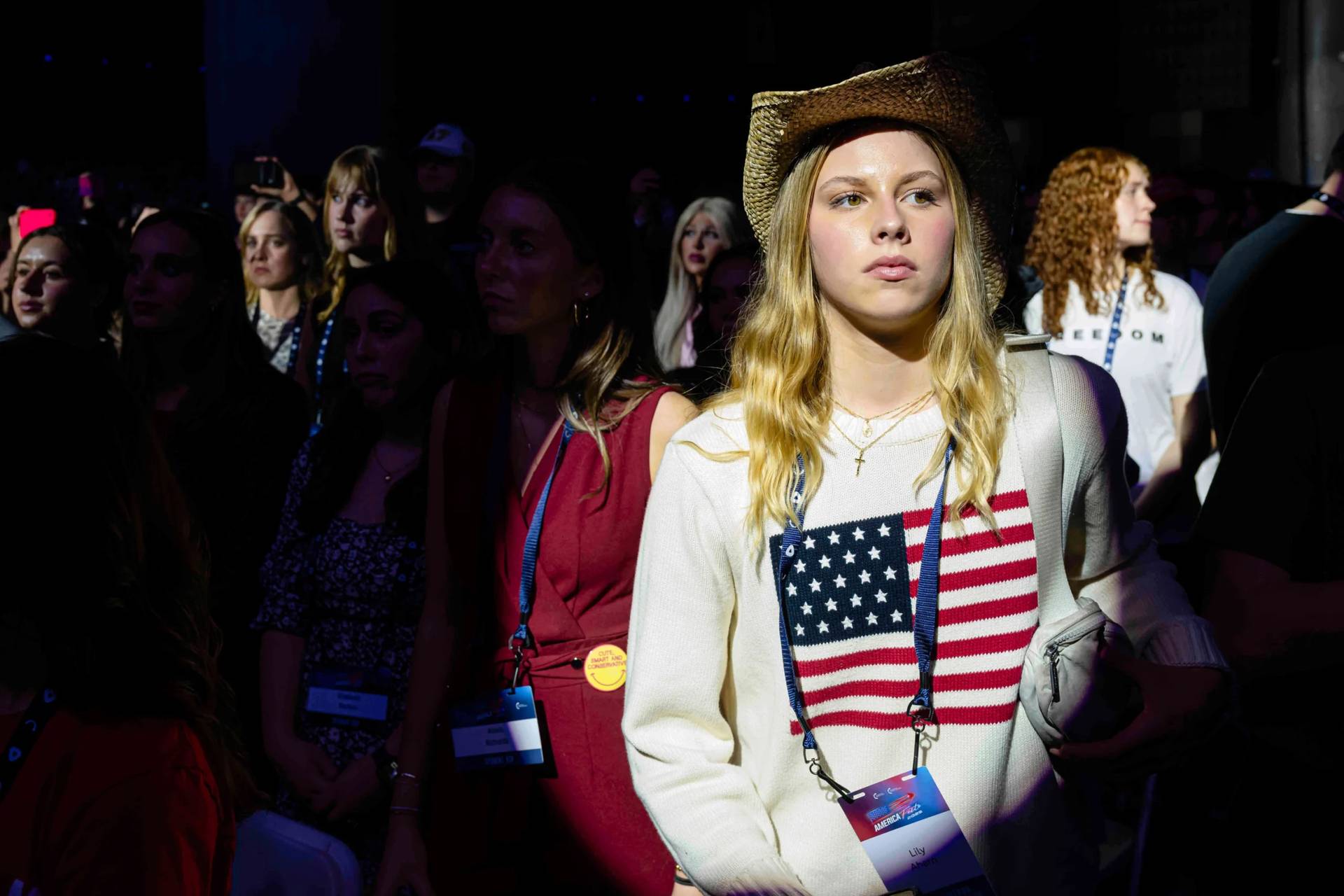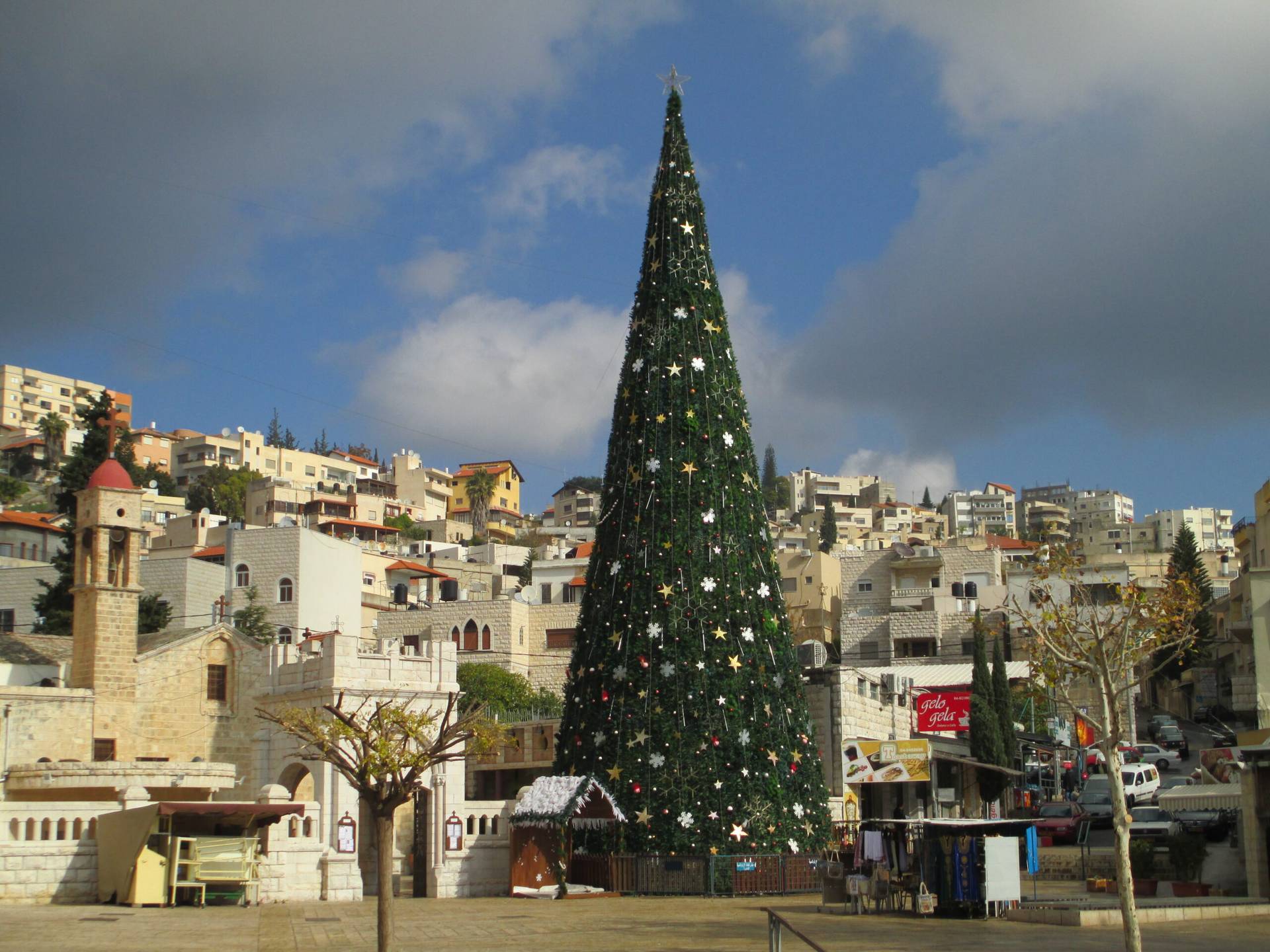VATICAN CITY — A nine-month trial against three former Vatican officials and two journalists for the leaking of confidential financial information came to an end on Thursday, with only one of the five accused going to prison, Monsignor Angel Lucio Vallejo Balda, who was sentenced to 18 months.
However, it is possible that Vallejo Balda’s sentence could be reduced to time served because he confessed his offense during the trial. A Vatican spokesman said Thursday he believes, but couldn’t confirm, the time he’s already served will be considered as part of the sentence.
Public relations consultant Francesca Chaouqui, the woman at the heart of the trial, was sentenced to 10 months. The tribunal declared that there was not enough evidence to prove that she had leaked confidential documents, but there was enough to accuse her of conspiring to do so.
However, her sentence was suspended for five years, meaning that if she doesn’t commit another crime under Vatican law, she gets a get-out-of-jail free card.
The other three who were on trial were Italian layman Nicola Maio, who together with Vallejo Balda and Chaouqui were members of a dismantled Vatican commission, and reporters Gianluigi Nuzzi and Emiliano Fittipaldi.
Maio was declared innocent, and according to the tribunal, the two journalists fall outside of Vatican jurisdiction, because they’re not residents nor were they ever employees.
Nuzzi and Fittipaldi had been accused of publishing the documents, which under the law of the Holy See is a crime, punishable up to eight years. However, it’s not considered as such under Italian law.
In 2015, the journalists simultaneously published books exposing various financial meltdowns, based in part on leaked documents from a study commission set up by Pope Francis shortly after his election to prepare the basis for reform, known by its Italian acronym COSEA.
Although the tribunal didn’t say so, if Vallejo Balda is required to serve an additional sentence, he’s expected to remain in the Collegio di Penitenziere, the college for the Franciscan friars who hear confessions in the Vatican’s St. Peter’s Basilica.
The defendants now have three days to appeal the sentences.
In a statement shortly after the verdicts were announced, a Vatican spokesman said the trial against the five defendants was “necessary.”
“It was necessary to demonstrate the will … to combat the incorrect consequences of tensions and polemics internal to the Vatican, which, for some time, have been reflected externally through indiscretions and leaks of documents to the media, creating a cycle and an ambiguous and negative context.”
That cycle, Jesuit Father Federico Lombardi said, has “negative consequences for public opinion, which has the right to objective and serene information.”
Speaking to journalists after the sentence, Chaouqui said that Thursday’s verdict was the end of “the most painful part of my life, my Calvary.”
Chaouqui, who throughout the process insisted she’d never do something to hurt Francis, said she was glad the pope would now know that “I never betrayed him.”
Nuzzi also spoke to journalists after the trial, defining the ruling as a “historic moment” and said that both he and Fittipaldi had simply done their job.
In the run-up to Thursday’s sentencing, the defendants strongly asserted their innocence.
“Five-hundred pages of news about Vatican financial scandals, where not even one bit of news, not one page, not even a single line has been denied,” journalist Fittipaldi wrote on his Facebook page Thursday. “It’s therefore a trial against the freedom of information.”
In a final, tearful statement, Chaouqui admitted she had made mistakes and that she has a strong, proud personality.
But Chaouqui, an Italian communications expert who was brought in to work on a Vatican reform panel, denied that she ever passed confidential documents to journalists and vowed to go to jail with her newborn if convicted.
“If the court asks Italy to put this sentence into effect, we will pass our first years in jail,” Chaouqui told the court, with baby Pietro in a side room with his father.
Fittipaldi and Italian journalist Gianluigi Nuzzi wrote blockbuster books last year based on the commission’s documentation exposing the greed of bishops and cardinals angling for big apartments, the extraordinarily high costs of getting a saint made and the loss to the Holy See of millions of euros in rental income because of undervalued real estate.
Balda admitted in court that he gave Nuzzi 85 passwords to password-protected documents, but said he did so because he felt pressure to turn them over. He denied that the journalists themselves threatened or pressured him, and pointed the blame on Chaouqui.
The journalists were accused of conspiracy in publishing the news. Publishing confidential information is a crime in the Vatican, punishable by up to eight years in prison.
The Committee to Protect Journalists, Reporters Without Borders and other media watchdog organizations criticized the trial and called on the Vatican to drop the charges, saying journalists must be allowed to do their jobs without fear of repercussions.
To date, the only criminal investigation that has been opened stemming from the journalists’ work concerned the transfer of some 400,000 euros ($444,000) from the Vatican-owned Bambino Gesu hospital to pay for renovations on the attic of the Vatican’s former No. 2, Cardinal Tarcisio Bertone.
The hospital’s former president and treasurer are under investigation by Vatican prosecutors. Bertone has said he was unaware of the payment but has nevertheless repaid the hospital 150,000 euros ($166,000). He was not put under investigation.
The trial recalled the first leaks scandal that ended up in the same Vatican tribunal. In that 2012 case, Pope Benedict XVI’s own butler was convicted of giving Nuzzi confidential documents that painted Bertone in a bad light and was sentenced to 18 months in prison. Benedict eventually pardoned him.
Nuzzi wasn’t charged in that case, but after the scandal, the Vatican City State criminalized the publication of confidential information.
(The Associated Press contributed to this report.)















